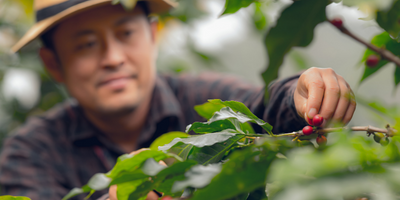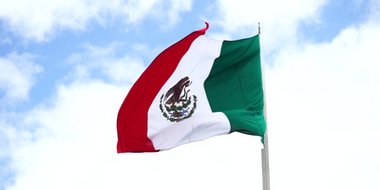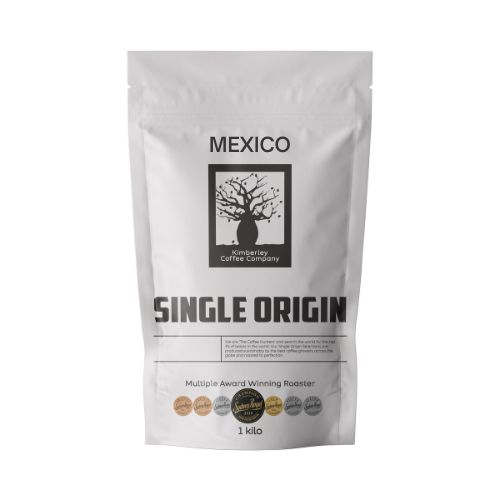Organic Coffee Farming in Mexico
Posted by Simone, The Coffee Girl on 25th Jul 2023
Mexican organic coffee farming has a rich history that dates back to pre-Columbian times when indigenous communities in Mexico cultivated coffee in a sustainable and organic manner. However, the organized production of organic coffee as we know it today has its roots in the 20th century.

Try our limited Mexican Organic Single Origin Coffee here.
Here is an overview of the history:
Early cultivation:
Coffee plants (Coffee arabica) are not native to the Americas but were introduced to Mexico during the colonial period, likely in the 18th century. The plant found a suitable climate and soil conditions in various regions of Mexico, and local communities started cultivating coffee on a small scale.
Rise of coffee as a cash crop:
By the mid-19th century, coffee production in Mexico began to increase, and it became an important cash crop for the country. Large plantations were established, especially in the southern states of Chiapas, Veracruz, Oaxaca, and Puebla. However, this expansion often came at the expense of indigenous land rights and environmental degradation.
Organic agriculture principles:
While chemical-based farming practices started gaining popularity in the 20th century, there were still traditional farmers who adhered to organic agriculture principles. They relied on natural fertilizers, compost, and agroforestry techniques to maintain soil fertility and protect the environment.
Emergence of modern organic movement:
The modern organic movement in Mexico began in the 1970s, influenced by global concerns about the negative impacts of conventional agriculture on the environment and human health. As part of this movement, some coffee farmers started adopting organic practices to produce coffee without synthetic pesticides or chemical fertilizers.
Organic certification and fair trade:
In the 1990s, various organizations and cooperatives in Mexico started pursuing organic certification for their coffee. Certification provided access to international markets, particularly in Europe and North America, where demand for organic products was growing. Fair trade certification also gained popularity, ensuring that farmers received fair prices for their organic coffee.
The role of cooperatives:
Small-scale farmers found strength in organizing themselves into cooperatives, which enabled them to collectively access resources, market their products, and share knowledge about organic farming practices. Cooperatives also played a vital role in supporting sustainable and socially responsible coffee production.
Sustainable coffee production:
Beyond organic practices, many Mexican coffee farmers began adopting sustainable agriculture methods. These included shade-grown coffee, which preserves biodiversity and reduces the need for synthetic inputs, and rainforest conservation efforts to protect the natural habitats of coffee-growing regions.
Today, Mexican organic coffee farming continues to thrive as a significant segment of the coffee industry. The country is renowned for its specialty coffee, and organic production methods have become an integral part of its coffee culture, attracting environmentally conscious consumers worldwide.
Try our limited Mexican Organic Single Origin Coffee here.


